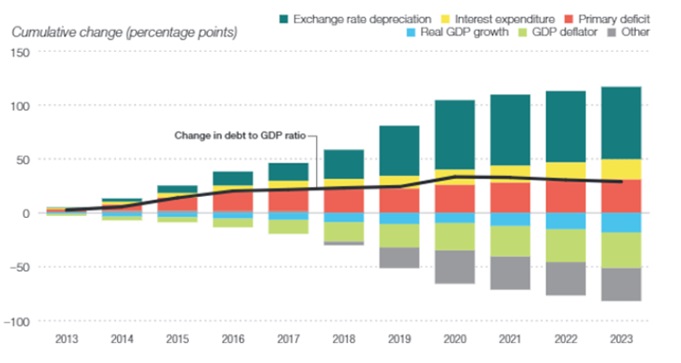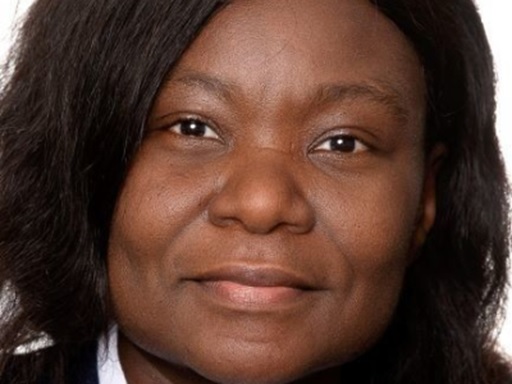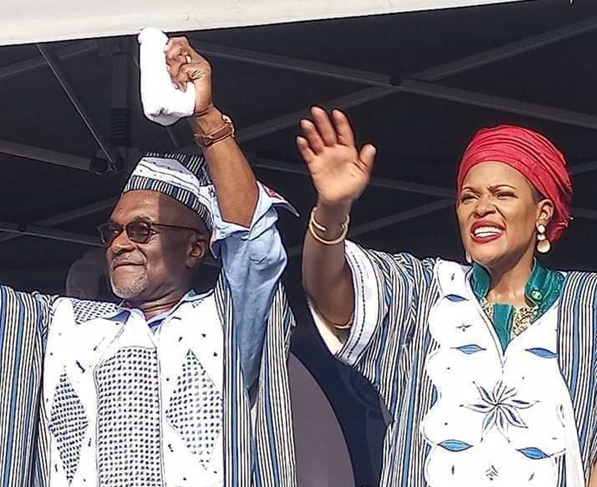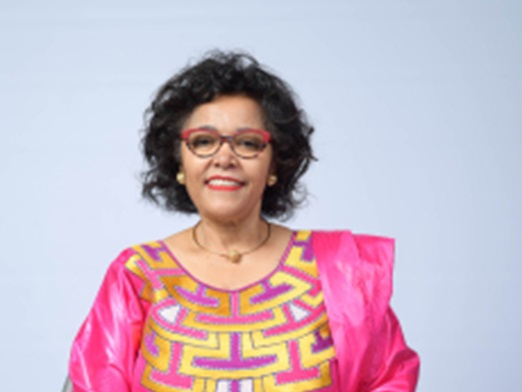Multilateral development banks should listen to African stakeholders; lend in local currency, collaborate with regional and national bodies such as Public Development Banks; and focus on creating local wealth, not just jobs.
Why do we not recognize, celebrate, and draw inspiration from Africa’s many successful entrepreneurs and their accomplishments? Why, instead, do endless narratives of African governmental debt default and its financial woes dominate our public discourse?
A key explanation is that we persist in viewing our nations’ hard currency debts crisis solely in terms of excess and fail to connect them with a narrative of inadequate products, successful investments and projects that have socio-economic benefits.
The macroeconomic environment influences microeconomic factors and without solving debt sustainability issues and narrative, we will stay stuck in a cycle of financial fragility.
The economic prosperity or adversity of states inevitably affects businesses and individuals in one way or another.
When the Ghanaian cedi lost three-quarters of its value against the US dollar in less than a dozen years, I personally faced the impact of currency depreciation on my daily budget and mortgage payments.
Although this experience was discomforting, it did not appear to be detrimental to the wider society outside of Ghana — at least not at first. Then I considered the millions of people who were facing the same situation across the continent, including, African entrepreneurs, traders, and families. These, perhaps, best comprehend the harsh effects of financial hardship that can arise from currency devaluation.
I hold the view that the causes and consequences of debt crises are determined by numerous factors, and not just excess of debt itself.
Among these are:
- type of debt, such as unsustainable circumstances (e.g., interest rates, functional currency , tenors);
- external shocks (e.g. war, climate change, COVID-19, US monetary policy);
- lack of transparency, and
- the manner in which debt is used.
Data at the macro-economic level corroborate that these factors give rise to some of our most severe debt issues.
In its African Economic Outlook report, the African Development Bank (AfDB) shows that currency depreciation is one of the main drivers of public debt dynamics (see graph below). In this case, the crux of the problem is the common practice of lending and trading in hard currencies, thus placing the exchange rate risk on borrowers, who generate their income in local currency.
This form of lending is particularly problematic for low-income countries, where official multilateral and bilateral donors (more than 80 per cent of external public debt) hold most of the debt.
Drivers of public debt dynamics (as a share of GDP), 2013-2023

Consider the recent example of Malawi. Faced with a series of difficulties — climatic disturbances, rising commodity prices, a stronger dollar, misaligned domestic policies — the country was forced to depreciate its currency by 25 per cent on 27 May 2022.
This decision had serious consequences for Malawi and resulted in a de facto increase in the debt/GDP ratio of 8.5 per cent, even though the stock of debt remained unchanged.
This implacable logic serves as a stark reminder of a fundamental reality that in a world with limited resources, directing funds towards a particular purpose, such as repaying a debt in unsuitable currencies, inevitably comes at the expense of other crucial necessities (e.g. education, healthcare, infrastructure).
We are not condemned to repeat the mistakes of the past. As the debate about the restructuring of the global debt framework and the mandate of multilateral organizations heats up, we must respect and take into account the opinions of the African populace.
Actionable levers to change the situation
We are not condemned to repeat the mistakes of the past. As the debate about the restructuring of the global debt framework and the mandate of multilateral organizations heats up, we must respect and take into account the opinions of the African populace.
Moreover, it is imperative that we prioritize the interests and wishes of all stakeholders in the organizational culture, impact assessments, and mandate of these multilateral organizations.
Aligning with broad market realities and relying on existing and proven best practices will enable us to advance the most practical solutions for strengthening the entire ecosystem and establishing a resilient and sustainable Africa that leaves no one behind.
The following recommendations , if carefully considered, could bring about enduring change:
- Multilateral development banks should embody responsible lending standards by offering stakeholders the choice of borrowing in local (synthetic) or hard currency.
Multilateral institutions should fundamentally embody responsible lending practices by always offering a choice between the borrower’s domestic currency and a foreign currency loan to create awareness and transparency.
- Multilateral Development Banks (MDBs) should collaborate on equal footing with regional and national development banks (PDBs) and local ecosystems in financing and capital market development.
As co-leaders, combining MDB expertise with local knowledge and understanding of actual local risks could be an asset that would make the financial architecture, transactions and the local financial ecosystem more sustainable. Such an approach would foster an alignment of interest and risk perception.
- When promoting development through Small and Medium Enterprises (SMEs) finance, the focus should be on the wider creation of national wealth and local champions, not just on job creation.
When we talk about “local content,” we should think not only about job creation but also about strengthening local champions, which include leading national organizations, as well as a wider ecosystem of local ownership of SMEs and capital providers.
Nor must we forget about the gender bias issues that result in less funding for women who, in many ways, are the axis mundi of our societies.
In the end, there can be no real development without the creation of a broad and shared wealth among Africans, who pay taxes, spend money and invest in the continent and its actual potential.
- Enhance education and talent development by encouraging innovative and quality (semi) public education.
Whichever way we go as a continent, education is the foundation that will make or break our development. Without educated Africans proposing and executing solutions, we will never achieve our vision of “African solutions to African problems.”
Going forward
In conclusion, therefore, It is essential to reform the allocation of resources and capabilities of multilateral organizations towards a multifaceted and pragmatic approach.
We should have numerous avenues and initiatives, and if we implement them wisely and boldly, they can pave the way for genuine and sustainable development of the African continent.
Ms. Isabelle Lessedjina is the Senior VP Strategy and Corporate affairs at TCX Fund and as well as Managing Partner at ANIZ.
Her views in this article are not necessarily those of the organizations she works for.
For more information on COVID-19, visit www.un.org/coronavirus







